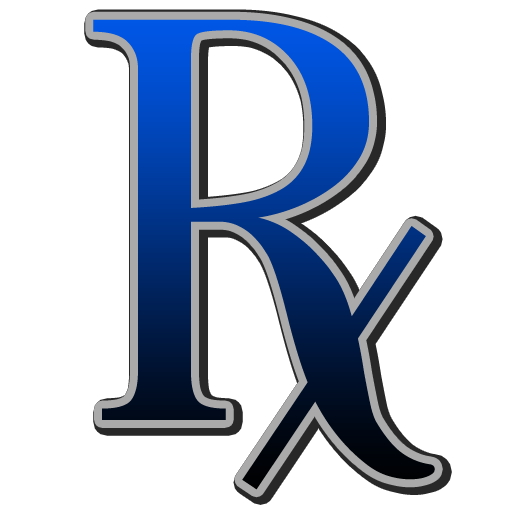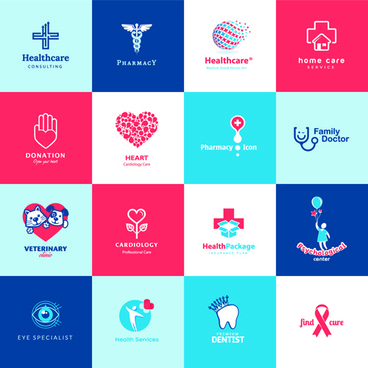People with Down syndrome are at increased risk for certain health problems compared to the general population. This section offers information about these health issues.
Attention deficit hyperactivity disorder, or ADHD, is a commonly diagnosed childhood problem. However, ADHD-like symptoms are more common in young children with Down syndrome compared to children from the general population.
Alzheimer’s disease and Down syndrome share a genetic connection, leading to the increased risk of dementia at an earlier age. Understandably, many families and caregivers are especially worried about this possibility, which is one reason why this topic is covered in detail in this section. Getting accurate information and education about the risk of Alzheimer’s disease is an important way of empowering oneself to prepare for the future.
Complications of anesthesia (sedation during surgery) occur in all patient populations, but are more likely to occur in individuals with Down syndrome than their peers without.
Individuals with Down syndrome are at an increased risk of atlantoaxial instability, a serious disorder that could result in spinal cord damage.
Individuals with Down syndrome frequently show abnormalities in the blood cells for various reasons.
Dental care is important for everybody, but people with Down syndrome can have a number of differences that can require special attention.
Autism spectrum disorder occurs more frequently in individuals with Down syndrome than in the general population.
Ear, nose, and throat problems are common in children with Down syndrome. It is important for primary care physicians and caregivers to be aware of these problems, most of which are present throughout an individual’s life.
Individuals with Down syndrome have a higher incidence of endocrine problems than the general population. The endocrine system refers to a set of glands that include the thyroid, adrenal and pituitary glands.
Beginning in the newborn period, people with Down syndrome have an increased likelihood of developing medical conditions that interrupt or interfere with this digestion.
Abnormalities of the cardiovascular system are common in Down syndrome, as approximately half of all infants born with Down syndrome have a heart defect.
At least half of all children and adults with Down syndrome face a major mental health concern during their life span.
Studies show that half to all people with Down syndrome have obstructive sleep apnea. This can contribute a number of potentially serious health concerns.
Down syndrome has effects on the developing eye, which could impact the proper development of vision.





